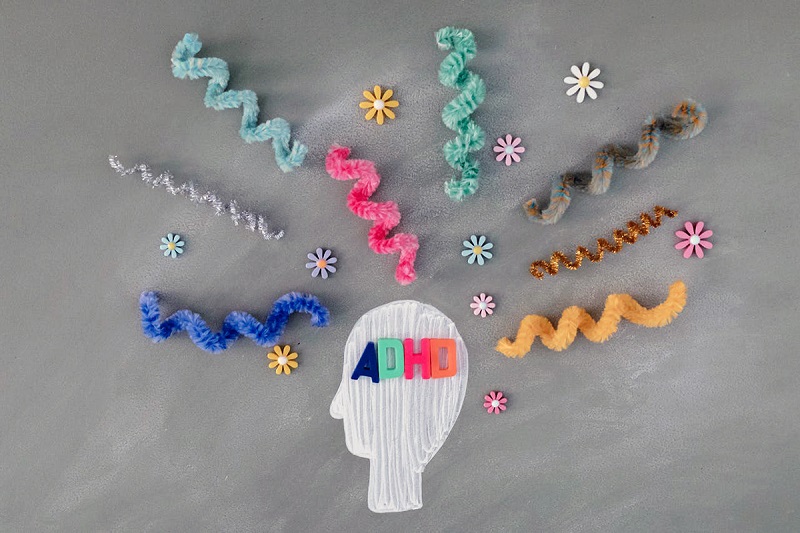How common is ADHD really? Has it become more prevalent in recent years or just more identified? (If more prevalent, why?)
—Bryan
There is nothing harder in parenting than having there be something of concern with our child — a health concern, a developmental concern, a socioemotional concern. We want the path for our children to be as smooth as possible. Of course, it isn’t always smooth.
When the bumps appear, sometimes it’s clear how to deal with them. We have a sense of what to do when our kids are sick with normal childhood illness, for example. But there are other cases in which the struggles of these concerns are compounded by a feeling that we do not know how to handle them. One example of this, for me, is the diagnosis of attention-deficit/hyperactivity disorder (ADHD).

Many parents write to me about this. Their questions are often similar: My child’s teacher said they are worried about ADHD; how worried should I be? Or My child was diagnosed with ADHD — what do we do? I’m overwhelmed by the treatment options.
This problem is hard, in part because our data is fairly limited.
One thing we know is that diagnoses of ADHD have increased over the past several decades — from 6.1% in 1997-1998 to 10.2% by 2016.
To see this in more granular detail, I pulled data from the CDC’s National Health Interview Survey for 2010, 2016, and 2021 and graphed ADHD diagnoses (they are combined in the data) by age. There is some evidence of an increase in the more recent years here, largely in the older age groups. Diagnoses among younger children are still quite uncommon.
So diagnoses have increased over time. What is less clear is why. It seems very likely that at least some — possibly all — of the increase is driven by changes in diagnosis. This doesn’t necessarily mean overdiagnosis; greater awareness could lead to more diagnosis because a condition was previously underdiagnosed. It is also possible that some aspect of the environment has increased the prevalence of the condition. Heritability is thought to be about 75%, leaving some share of variation to be due to possibly modifiable factors. (For example: as I have discussed elsewhere, ADHD diagnoses are more likely in kids who are young for their grade. I’ve also written about the question of Tylenol in pregnancy and this diagnosis or others.)
Even more complex is the question of what to do, as a parent, in response to this diagnosis or a suggestion of a diagnosis. There isn’t an obvious data-oriented path. Instead, the right path requires a thoughtful, probably slow, approach to figuring out what works for your family.
Community Guidelines




















Log in
I would be curious if the diagnosis data is available by geography or by any socioeconomic factors such as average income or home price in the area? The rate seems very low to me for upper-middle class suburbs, where it feels like very other boy gets a diagnosis by age 8.